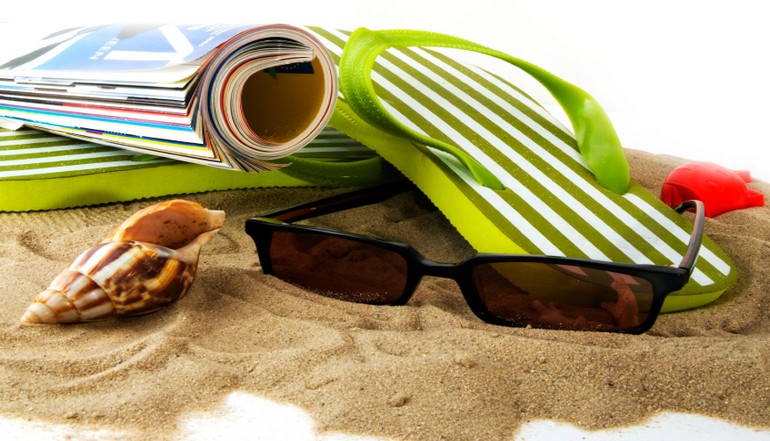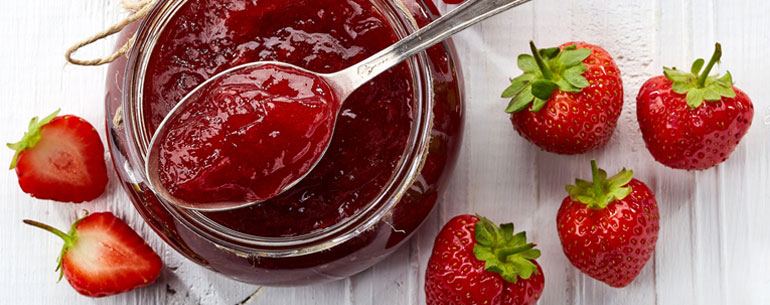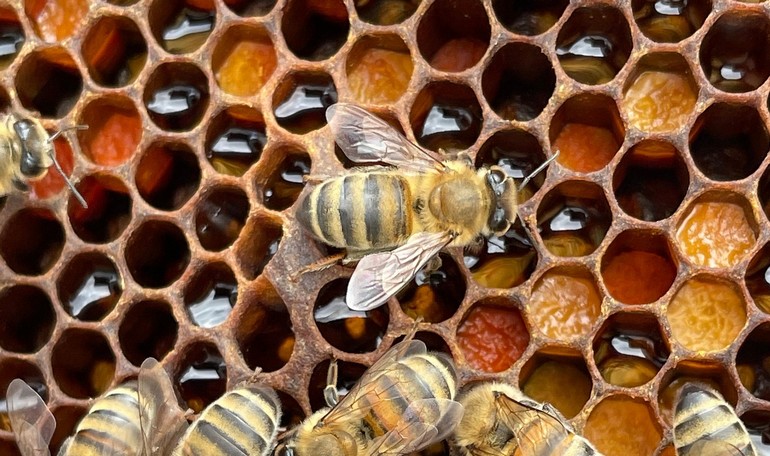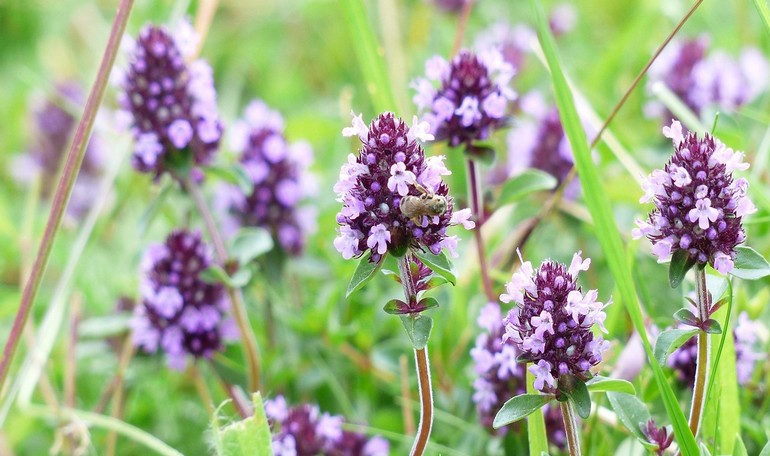The word from the nutritionist
Holiday: “vademecum” to leave peaceful for vacation.
The period of the summer exodus is near, but, like every year, when it’s time to leave, you are worried about everything. Will it be safe to leave the house unprotected for so many days? How do you make provision for the risk of mishaps, inconveniences, setbacks and various disasters that could happen when you are away?

Those who are going to stay away for a long time should take some precautions to protect their house in order not to have bad news at the end of the holiday.
WATER: you should check the taps in the bathroom and in the kitchen to be sure they are closed. It’s better to close the central tap, because even little emissions of water could damage the neighbours, especially if you live in a condominium.
GAS: it’s better to close the inside and outside taps. Before leaving, you should check the deadline of the gas tube and, if necessary, change it with a new one: gas wears out the tube until it cracks, causing dangerous emissions.
POWER: to avoid short-circuits, you should cut off power. Empty and defrost your refrigerator and leave its door half-open to prevent mildews from developing. You have to cut off power from power strips and plugs of television, DVD, computer, modem, to avoid that a lightning ruins the devices.
ALARM SYSTEM: make always a control before leaving, to be sure that the system works. These devices are delicate and they activate on their own even because of slight noises: leave your keys or a relative’s phone number to a trusty neighbour: he’ll intervene in case of need.
POSTBOX: a full postbox could indicate that the house has been empty for many days. If you can’t ask a neighbour to take the post out, it’s better to leave a notice like: “Please, no advertising material”.
DON'T GIVE INFORMATION ABOUT YOUR ABSENCE PERIOD: don’t inform strangers about your holiday plans and when the departure is set, talking for example with the shopkeepers or on facebook. Don’t leave on the answering machine messages informing that you are away, like “we’re missing … at the moment we’re not here…” it’s better to say something more generic like: “leave a message after the bip”.
PRECIOUS THINGS: jewellery, money, valuable things should be put in safe deposit boxes or delivered to a trusty person. If you want to leave them at home, you have to know that firstly thieves search in wardrobes, in drawers (even below and backside), in pockets, in vases even amongst the soil, behind the pictures, under the mattresses and the carpets. To make big things safe, those you can’t move, it’s better, for purpose of pressing charges or a refund request from insurance, to take inventory of valuable things, enclosing a photo and, if you have it, the receipt.
INTERVENTIONS TO GUARANTEE SAFETY: grills, rolling shutters, reinforced gates, reinforced glasses, alarm systems are all deterrents for thieves. Today technology proposes useful devices: for instance, a video-camera, put inside the apartment in a place that want to supervise more frequently, can send some takes to your handy; depending on the model, to install the program is enough to make a call, to text a message, or to make a video-call. It’s possible to ask to the central police station to activate the remote alarm; it’s a free service that you can require simply filling out a form downloadable from the website: www.poliziadistato.it (document section).
LAST PRECAUTIONS: clean the kitchen and throw the rubbish away, to avoid bad smell and an invasion of ants. If you have got flowers or plants in your apartment or on your balcony, you could put an overturned bottle of water in the vases, if you stay away for a few days, otherwise it’s better to leave keys to a relative or to a trusty friend who will water them. If you have got some pets which you can’t take with you, give them in custody of a trusty ‘boarding house’ or of a dog-sitter (who should know your veterinary’s telephone number), but don’t leave them at home on their own or in irregular custody of a neighbour. Be sure to have all the valid documents you need for travelling. If you move by car, remember to check up at least the level of all liquids of the motor (oil, water), the pressure of tires, the windscreen wipers, the lamps and the spare fuses.
Published 28 July 2016





